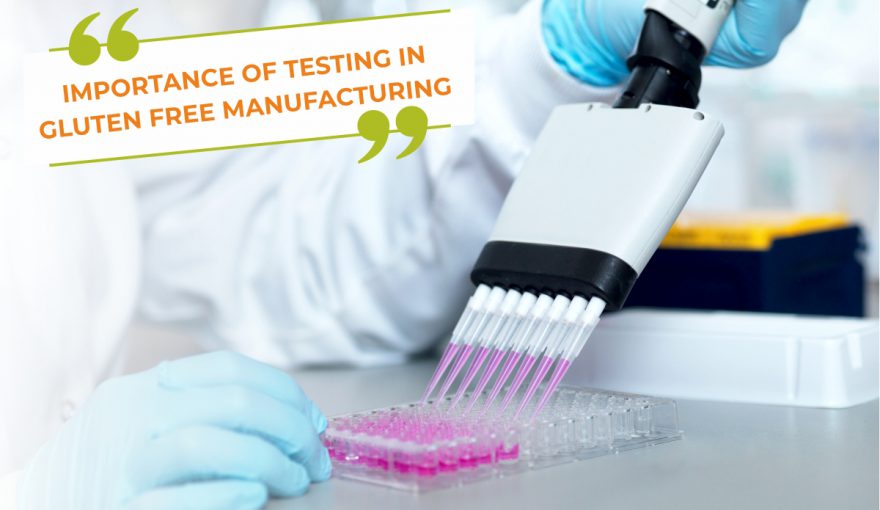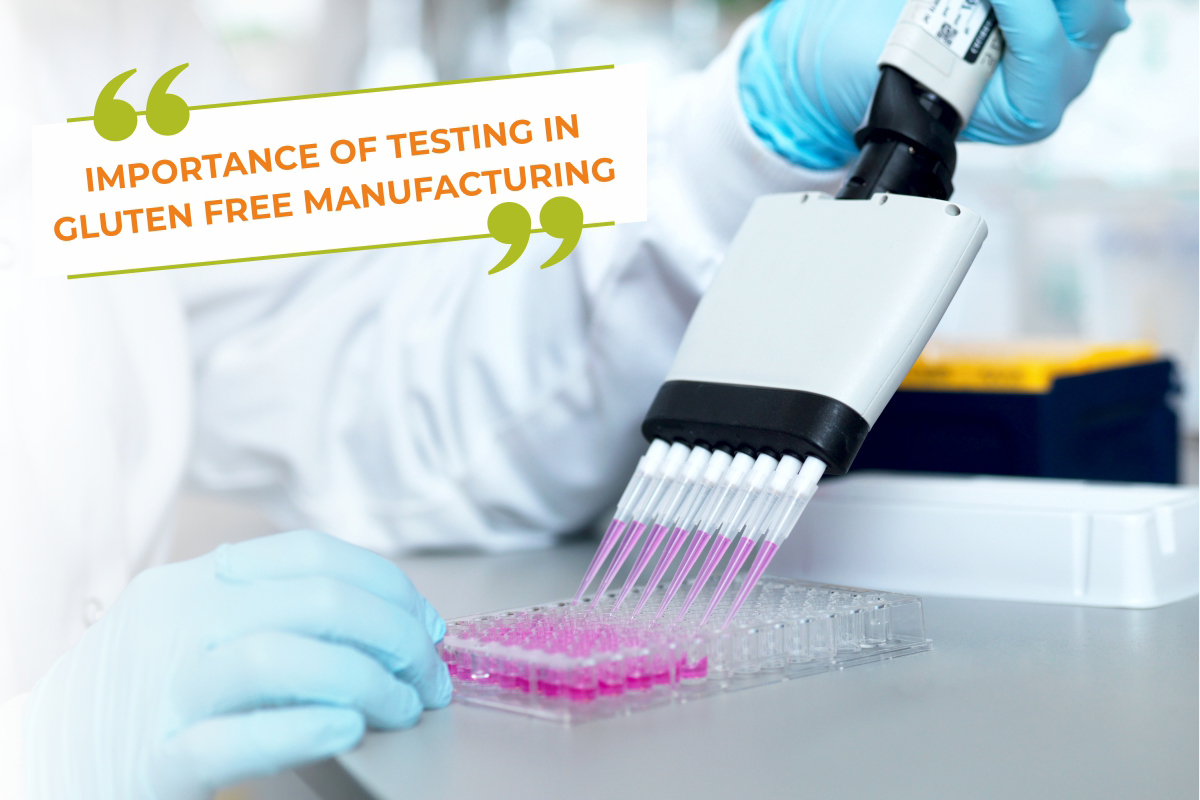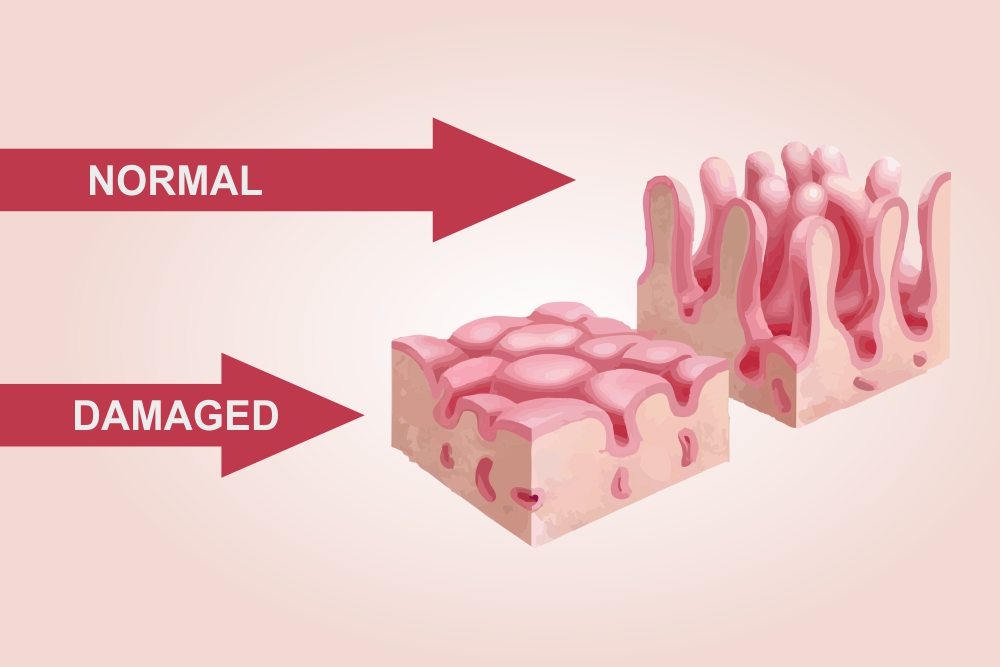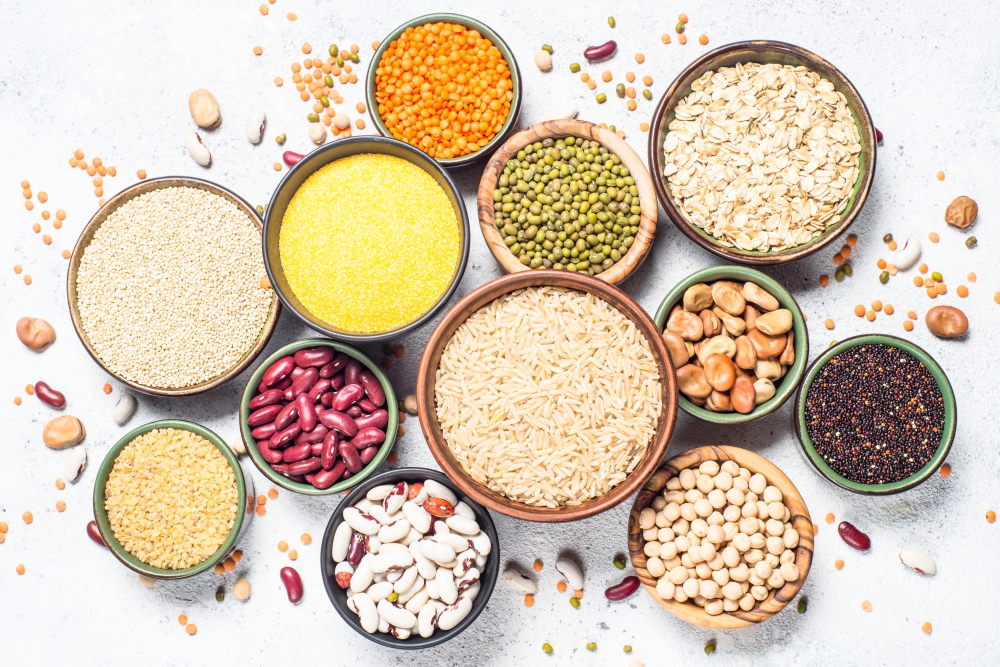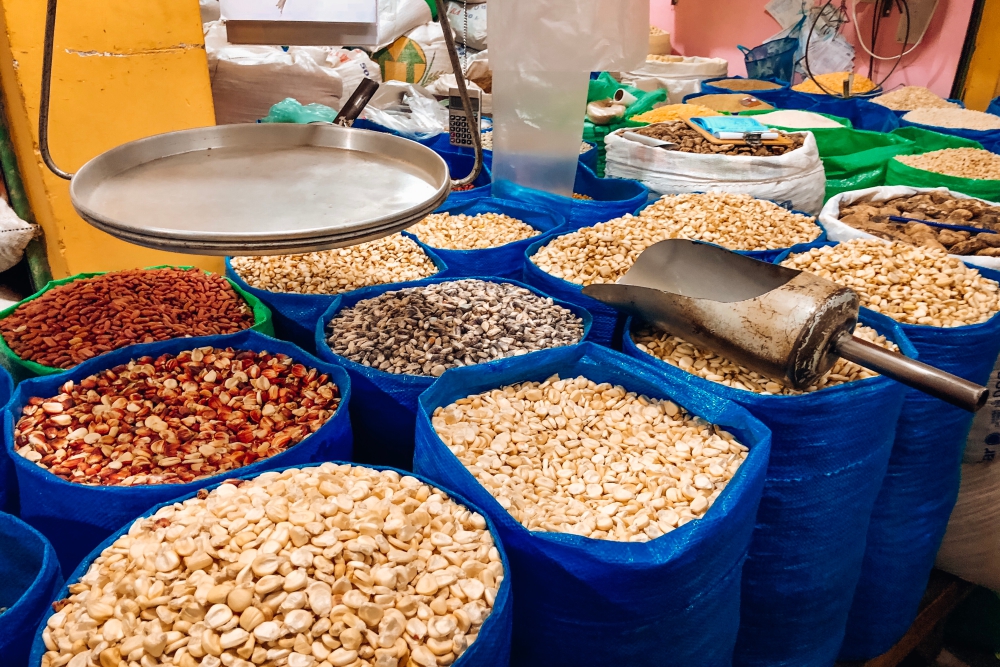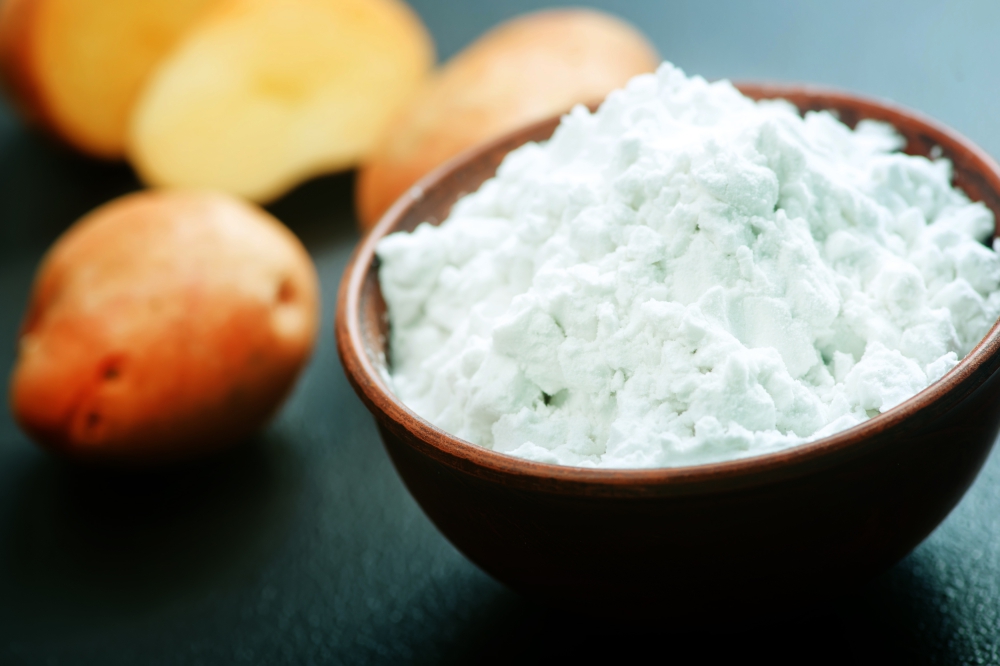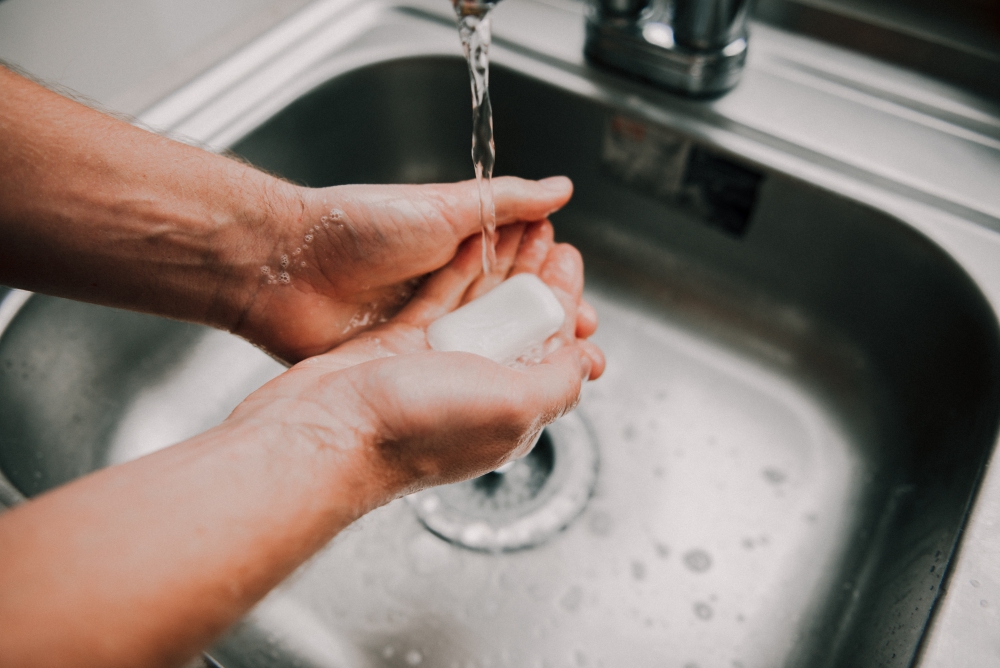Migliori casino win scompiglio online 2024 Qualsivoglia i scompiglio online AAMS
Utilizzando questi metodi di deposito, i giocatori possono operare depositi anche prelievi con modo certo di nuovo suo. Difatti, per sistemi di punti Personaggio addirittura rakeback, i giocatori ancora assidui possono giungere a ulteriori benefici, quale prelievi ancora rapidi anche limiti di posta elevati.
